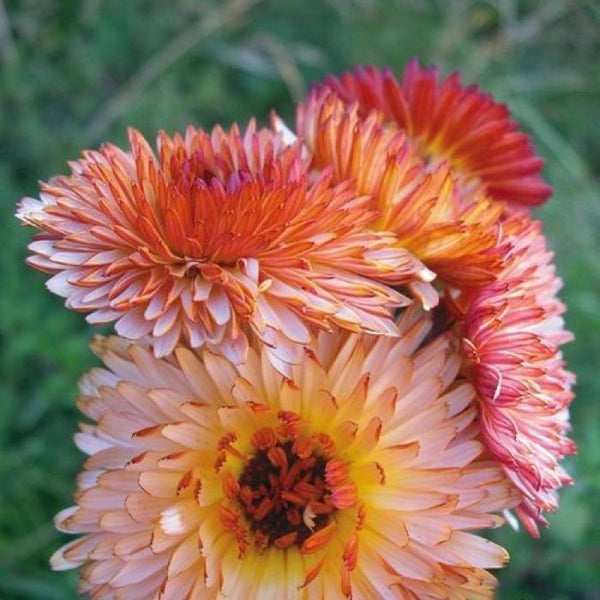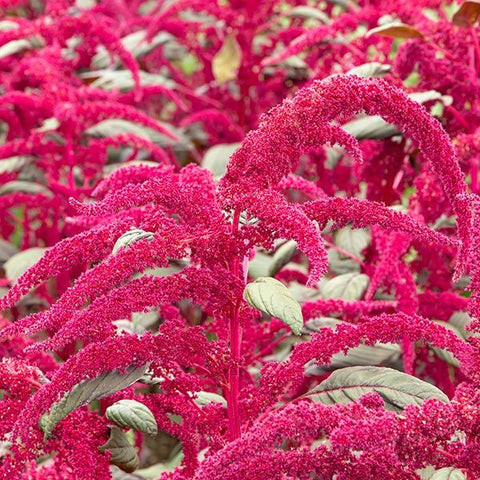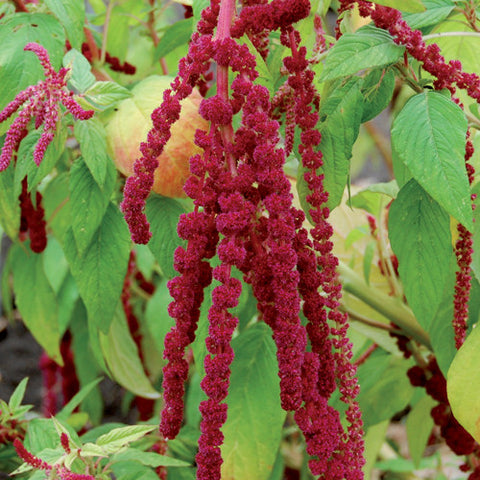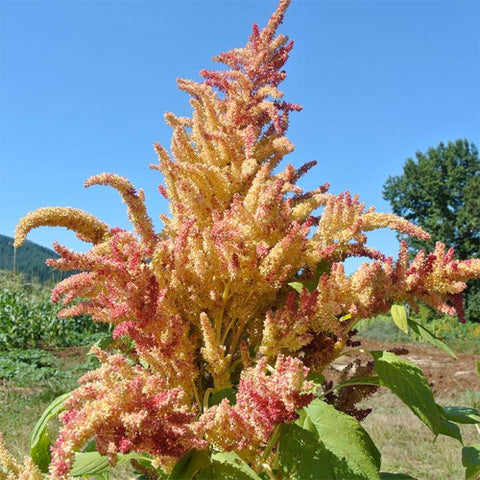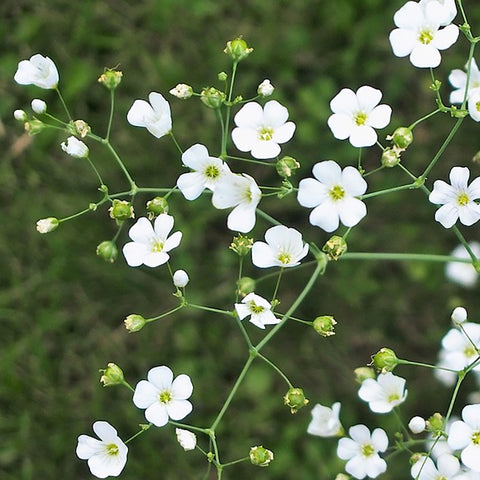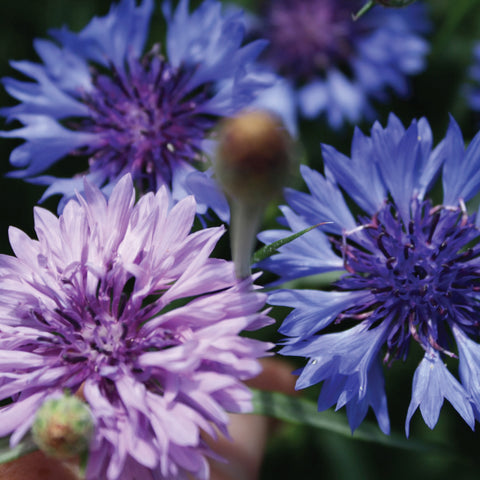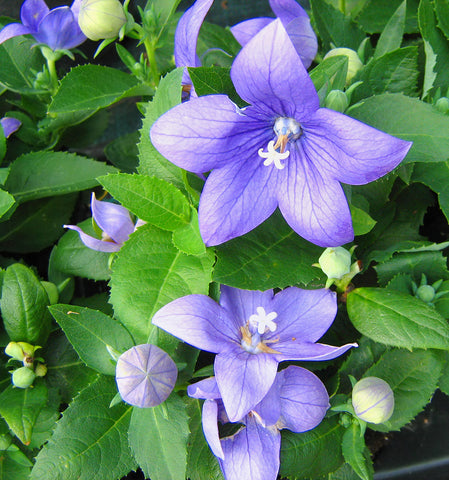Calendula, Zeolights (Organically Grown Seeds)
$4.79
This item may be out of season or currently out of stock. Please check back.
Description: Gorgeously-double sunset-pink petals with maroon undersides form a halo around dark centres. Calendula is an easy-to-grow, cold-tolerant annual flower that attracts pollinators.
Organically Grown/ Open Pollinated/ Non-GMO
Pack Size: 30 seeds
Latin Name: Calendula officinalis
Alternative Names: Pot Marigold / Dark Orange Calendula
Main Uses: Culinary, Ornamental, Medicinal
Zone Hardiness: Reseeding annual
Exposure: Full sun
Height: 45 - 60 cm (18 - 24 inches)
Flower Color: Sunset pink
Flowering Time: Late June - October
Seed Source: Organically grown
Germination: 3 - 7 days at 21°C.
Sowing: Indoors 4 weeks before the last frost. Sow 4 - 6 seeds per cell. Apply Sea Magic from first watering. From the second set of true leaves to time of transplanting, alternate between Sea Magic and seed-starting fertilizer (such as Evolve) once per week.
Planting Depth: 1/4”.
Spacing (Seedlings): 1 plant every 8” - 12”.
Outdoors: Sow in late May for the end of June to fall blooms. Direct-seeding is the preferred method of growing Calendula.
Seed Spacing: Sow every 4” - 6” and then thin to 8” - 12”.
Growing in Containers: Well-suited to larger pots (12 inches and up).
Fertilizing (Containers): Fertilize containers regularly with an organic fertilizer. Jobes organic spikes for container plants are easy to use and effective!
Watering (Containers): Water containers deeply when top inch feels dry to the touch. Monitor every day or two during very hot weather.
Growing in Mixed Planters: Suited for large mixed planters such as barrels.
Fertilizing (Garden): Plant into well-drained garden soil, amended yearly with compost. No additional fertilizer required.
Watering (Garden): Water deeply to establish. Water mature plants weekly during hot weather.
Beneficials Attracted to this Plant: Attracts pollinating bees, butterflies and hoverflies (these are good - they are excellent aphid eaters!).
Harvesting: Flower petals are dried and used for tea and body care preparations. Harvest flowers when they are fully open and set the heads upside down in a cool, dark, and dry indoor area. When the flowers are fully dry, strip the petals off and store in a jar away from light. Petals may also be eaten fresh - just pick a flower and strip the petals off. They are lovely when sprinkled on summer green salads.
Suitability for Indoors: Not suited for indoors.

